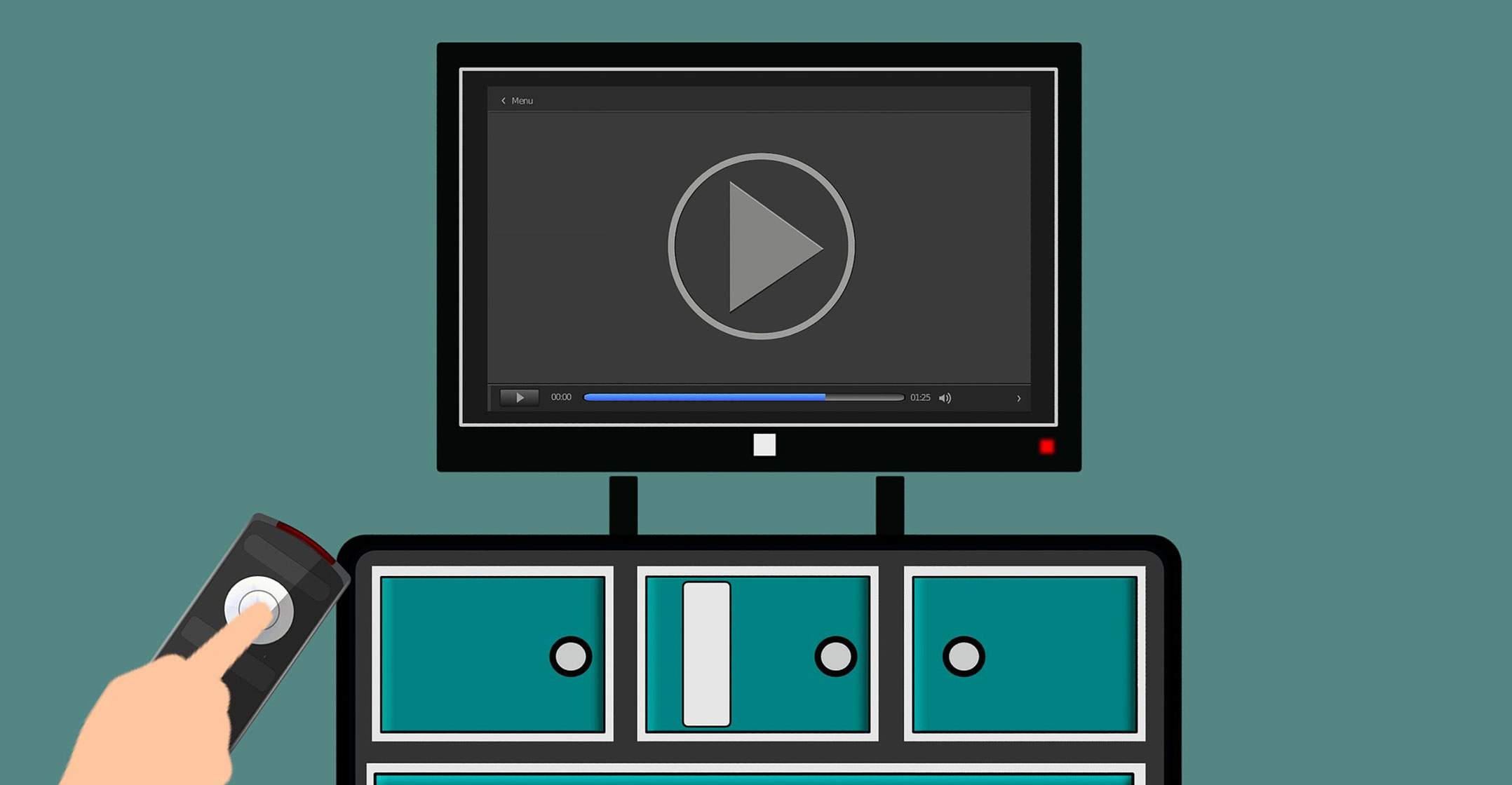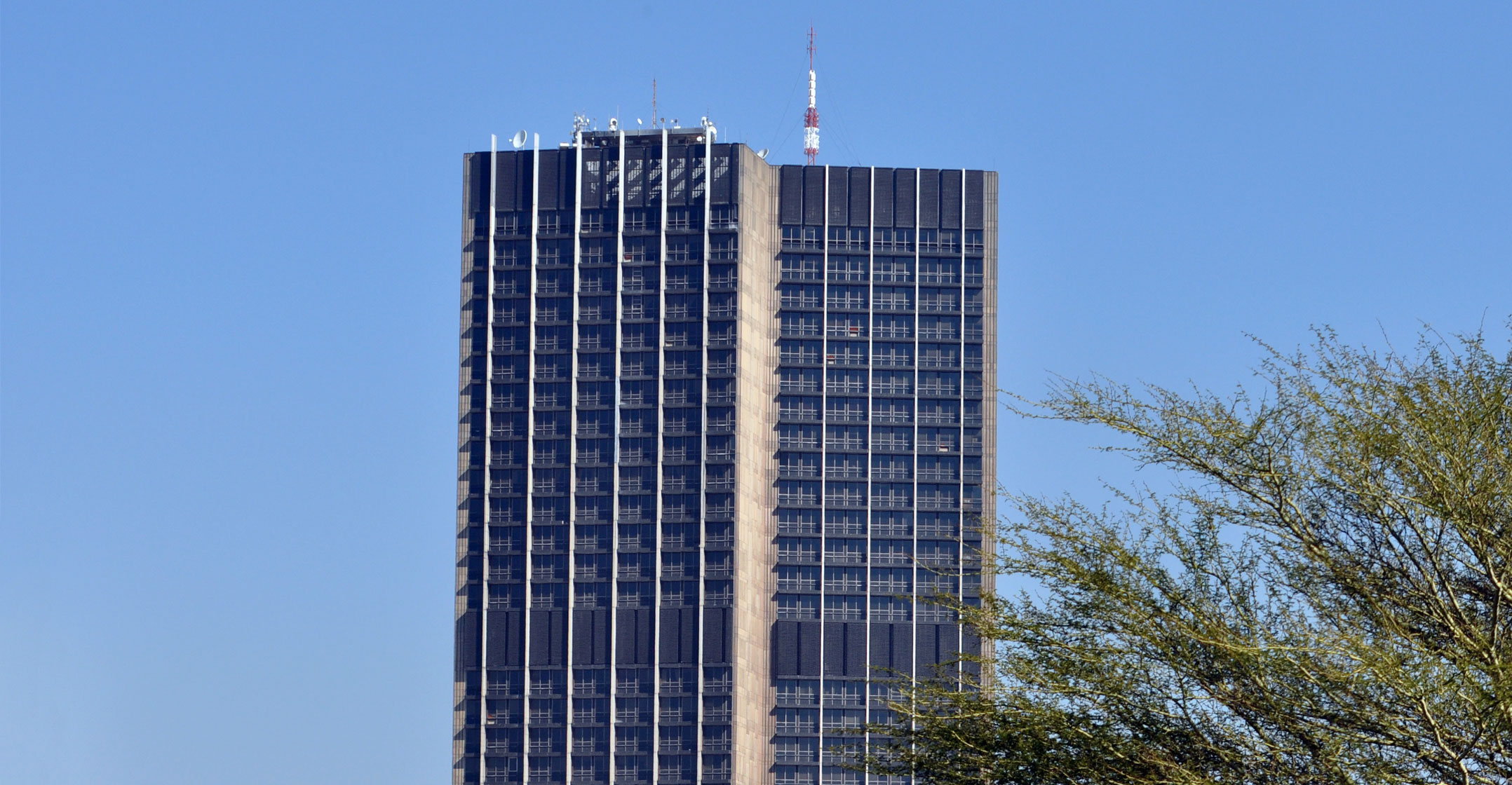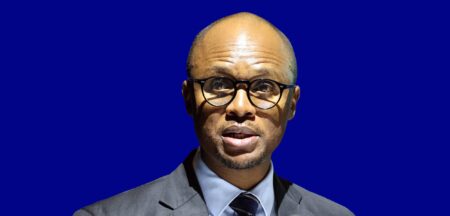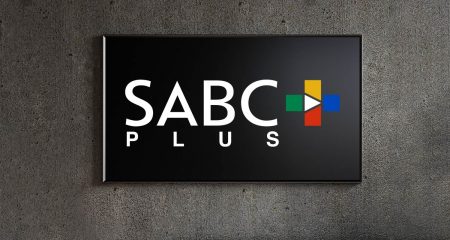 The SABC plans to go big on Internet streaming, offering all its content on its own online video platforms, group CEO Madoda Mxakwe has said.
The SABC plans to go big on Internet streaming, offering all its content on its own online video platforms, group CEO Madoda Mxakwe has said.
In a prepared speech, delivered this week at Media Monitoring Africa’s Media Freedom Week in Johannesburg, Mxakwe said: “While we know we are behind on the technology side, the SABC does not intend to leave streaming TV services to our competitors.”
He said the broadcaster’s news app for smartphones was the first example of what is possible when combining some television and audio content. “We intend to go much further, with the aim of putting all our content on our own streaming service.
“The SABC has developed an integrated OTT (“over-the-top”) strategy with the aim that it develops or acquires its own OTT streaming platform as a medium-term goal. This will allow the SABC to control its own destiny into the future. Previous funding challenges and an inquorate board for over five months this year has slowed us down but not stopped our OTT plans.”
The broadcaster, Mxakwe said, will “leverage online platforms to allow customers to access SABC content and services anywhere, anytime and on any device. It is not commonly known that SABC News online is the second most accessed online news source in the country. We aim to be number one but are pleased with the progress so far.”
He acknowledged, however, that the cost of data is a major barrier for many viewers, some of whom are among the poorest in the country. It has no intention of abandoning its traditional broadcast platforms and will approach the mobile operators with a few to reducing the cost of accessing SABC content on the Internet.
Data prices
“If the SABC also becomes a fully fledged streaming service, it would make no sense if the digital and data divide is exacerbated and millions (of people) … cannot access our services on their phones and other devices,” he said. “The SABC will strive to conclude data deals with telecommunications operators to ensure that SABC’s mobile apps can be accessed by as many people as possible. As a policy goal, it is still vital for data prices to fall as this will allow more people to access all the SABC’s content over their mobile phones.”
Mxakwe said the move from analogue to digital broadcasting and to streaming services, coupled with investment in content in indigenous languages, is a “key strategy to ensure the survival and relevance of the public broadcaster”.

“While South Africa’s broadcasting and regulatory framework is out of date and does not currently cater for audio-visual streaming services, we understand government is close to finalising a policy review in this area, which will bring our system into the 21st century. We need to also take the opportunity to fix what is wrong with the framework as it applies to public broadcasting and fix many issues that have largely remained unchanged since 1994,” he said.
“Government’s role as policy maker is key and the SABC will work closely with all players to make sure that a new framework brings global streaming players under South Africa’s regulatory ambit; institutions provide more funding for television content; and the viability of the SABC is protected at the same time.”
He promised that the SABC will use its recently announced “partial” R2.1-billion “capital injection” from government “judiciously”. This will be based on the SABC’s approved investment and business case. — © 2019 NewsCentral Media




